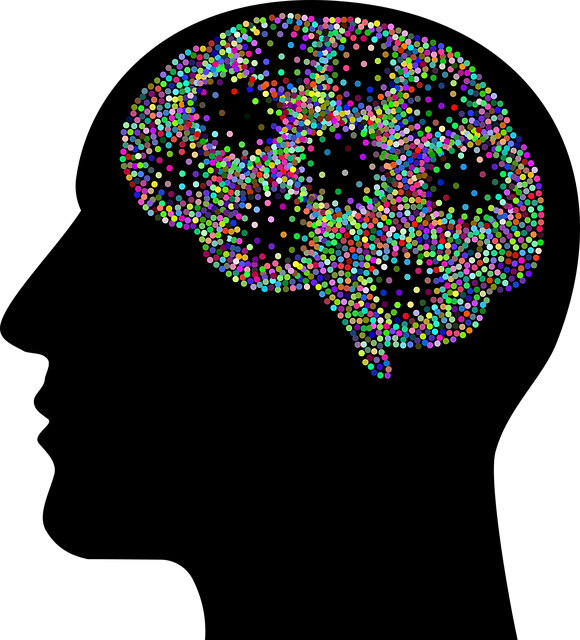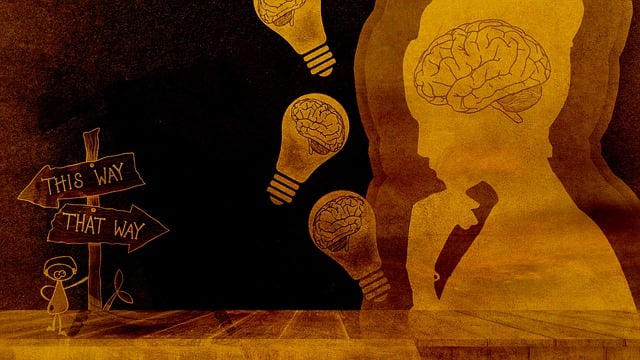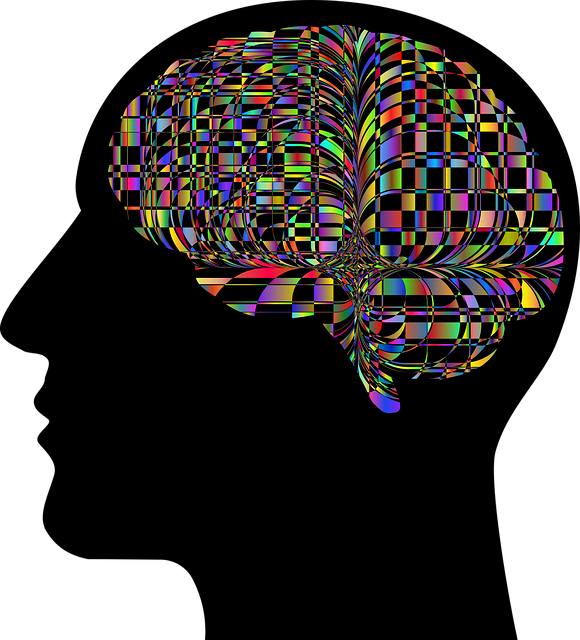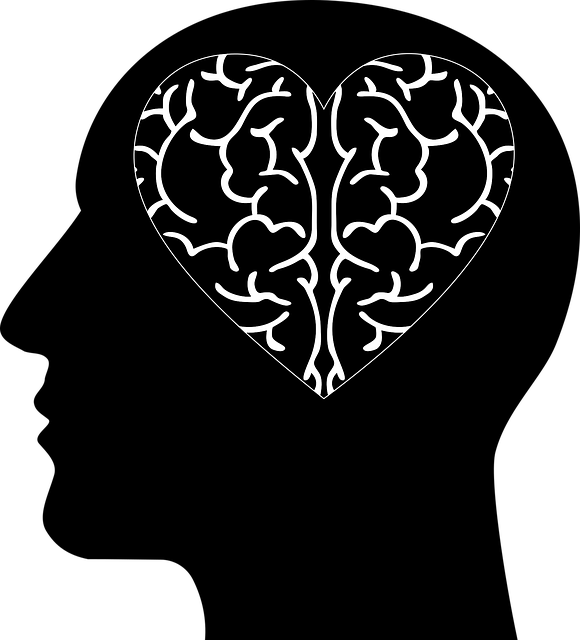Mental wellness programs for young children with eating disorders require a comprehensive approach addressing biological, psychological, and social factors. Effective therapy combines evidence-based methods like CBT, family-based treatment, and interoceptive exposure therapy, tailored to individual needs. Evaluating program effectiveness includes standardized assessments, journaling exercises, and parental feedback. Regular tracking of long-term outcomes ensures sustained recovery and identifies successful strategies for improving mental wellness outcomes in young children with eating disorders.
Mental wellness programs tailored for young children with eating disorders have gained significant attention due to the rising prevalence of these conditions. Effective evaluation methods are crucial for understanding program success, tracking therapy progress, and identifying areas for improvement. This article explores key assessment techniques, from recognizing symptoms to measuring long-term outcomes. We discuss collaborative approaches involving parents/caregivers and emphasize the importance of adjusting treatment strategies based on comprehensive evaluations, ensuring optimal care for young children with eating disorders.
- Understanding Mental Wellness Programs for Young Children with Eating Disorders
- Assessment Techniques for Identifying Earning Disorder Symptoms in Kids
- Effective Evaluation Methods for Therapy Success and Progress Tracking
- Incorporating Parent/Caregiver Feedback and Collaboration in Program Evaluation
- Measuring Long-term Outcomes and Adjusting Treatment Strategies
Understanding Mental Wellness Programs for Young Children with Eating Disorders

Mental wellness programs for young children with eating disorders require a nuanced approach that addresses both the child’s physical and psychological needs. Eating disorders in childhood can stem from complex interplay of biological, psychological, and social factors, making therapy a multifaceted process. Effective treatment involves a combination of evidence-based therapies such as cognitive behavioral therapy (CBT), family-based treatment, and interoceptive exposure therapy, tailored to the child’s unique presentation.
The role of mental wellness journaling exercises cannot be overstated. These practices can serve as valuable tools for promoting emotional regulation and understanding, allowing children to express their feelings, track progress in recovery, and develop coping mechanisms. Similarly, guidance on emotional healing processes specific to eating disorders can empower both the child and their support system to navigate challenges and foster a healthier relationship with food and body image.
Assessment Techniques for Identifying Earning Disorder Symptoms in Kids

Early identification is key to effectively addressing eating disorders in young children. Mental wellness program evaluators employ various assessment techniques to uncover potential symptoms and underlying issues. These methods include structured interviews, standardized questionnaires, and observational assessments tailored for pediatric populations. By engaging parents, caregivers, and teachers, professionals gain insights into changes in a child’s behavior, attitudes towards food, body image, and self-esteem. Such collaborative efforts are crucial for timely intervention.
One effective assessment technique is using age-appropriate tools designed to screen for eating disorders. These may include questionnaires that explore eating habits, body satisfaction, and emotional well-being. Additionally, mental health professionals conduct risk assessments to gauge the severity of symptoms and identify potential triggers or contributing factors. This comprehensive approach ensures that therapy for young children with eating disorders is personalized, focusing not only on improving self-esteem but also facilitating emotional healing processes.
Effective Evaluation Methods for Therapy Success and Progress Tracking

Effective evaluation methods are paramount in assessing therapy success and tracking progress for young children with eating disorders. One powerful tool is the use of standardized assessment tools tailored to childhood mental health. These tools, such as the Children’s Depression Prevention Scale or social skills assessment batteries, provide quantitative data on symptoms like depression, anxiety, and interpersonal difficulties. Regularly administering these assessments before, during, and after therapy allows therapists to identify areas of improvement and make informed adjustments to treatment plans.
Additionally, incorporating mental wellness journaling exercises into therapy can offer valuable qualitative insights. Encouraging children to express their thoughts, feelings, and experiences in a structured journal provides a window into their internal world. Therapists can use this data to guide personalized interventions, focusing on specific challenges like body image issues or social anxiety. This method not only supports depression prevention efforts but also enhances the overall effectiveness of therapy by promoting self-awareness and reflective thinking in young clients.
Incorporating Parent/Caregiver Feedback and Collaboration in Program Evaluation

Incorporating parent or caregiver feedback is a vital aspect of evaluating mental wellness programs for young children with eating disorders. These programs often aim to not only treat symptoms but also enhance family dynamics and foster supportive environments at home. By engaging parents as active participants in the evaluation process, practitioners gain valuable insights into the program’s impact on family interactions and the child’s overall mental health. Parent feedback can highlight improvements in communication, problem-solving skills, and emotional support within the family unit, which are crucial factors in the successful management of eating disorders.
Collaborating with caregivers allows for a more comprehensive understanding of the program’s effectiveness in integrating social skills training and mental health education into family routines. This collaboration ensures that the program aligns with the unique needs and challenges faced by each family, promoting better adherence to treatment plans. By incorporating these perspectives, evaluators can design mental wellness programs that are not only evidence-based but also sensitive to the complex dynamics of families dealing with eating disorders, ultimately enhancing therapy outcomes for young children.
Measuring Long-term Outcomes and Adjusting Treatment Strategies

Measuring long-term outcomes is a critical aspect of evaluating mental wellness programs, especially when focusing on therapy for young children with eating disorders. This involves tracking progress beyond the initial stages of treatment to ensure sustained recovery. Various methods can be employed, such as regular check-ins, follow-up sessions, and standardized assessment tools tailored to eating disorder symptoms and behaviors. By monitoring these outcomes, therapists can identify what strategies are effective in the long run and make necessary adjustments.
For instance, in therapy for young children with eating disorders, a comprehensive evaluation might include measuring changes in self-esteem, body image perception, and mealtime behaviors over several months or even years. If the program demonstrates consistent improvements in these areas while also reducing symptoms of mental illness stigma reduction efforts and providing crisis intervention guidance, it indicates success and justifies continued support. This data-driven approach allows for a more personalized treatment experience, boosting confidence in both therapists and clients as they navigate the journey towards better mental wellness.
Evaluating mental wellness programs for young children with eating disorders is a multifaceted process that includes assessment techniques, tracking therapy progress, parental collaboration, and long-term outcome measurement. By employing effective evaluation methods, professionals can ensure the success of therapy for young children suffering from these disorders. Incorporating these strategies allows for a holistic approach, fostering positive mental wellness outcomes and adjusting treatment strategies as needed to best support each child’s unique needs.














